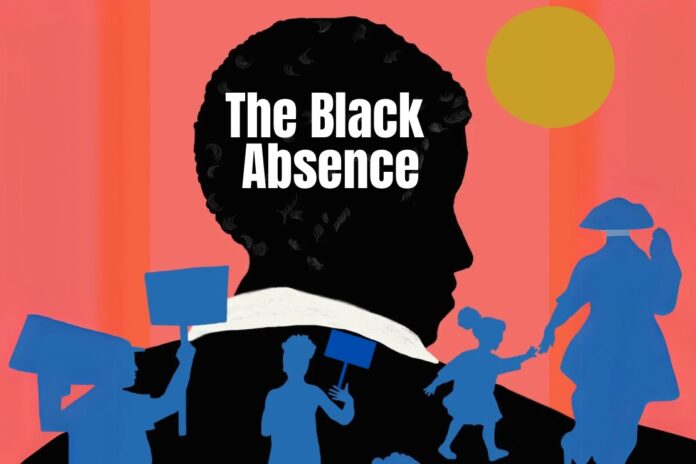Why the Black Community is Shifting from Social Justice to Economic Survival
Last week, we explored the idea of Democrats “casting their bucket” — a nod to Booker T. Washington’s philosophy of using the resources you have to build power.
Now, it seems the Black community is doing just that, quietly but intentionally shifting from the W.E.B. Du Bois tradition of visible, urgent social justice toward a Washington-style strategy rooted in self-sufficiency and economic insulation.
Not Absent, Just Redirected
Since Trump’s return to the Oval Office, the Black community has taken a noticeable shift. While anti-Trump protests across the country have drawn large, mostly white crowds, some have questioned the absence of Black faces in the streets and with politics all together.
According to the Chicago Sun-Times, which first took a deep dive into the issue, several Black organizers say the community hasn’t checked out — it’s recalibrated. Black-led movements in Chicago are trading protest signs for economic plans, focused on self-sufficiency over visibility. Organizers describe the strategy as proactive, not performative — and it’s not just happening in Chicago.
From Marches to Markets & A Shift in Generational Mindsets
This shift is visible in targeted actions like after Target abruptly ended its post-George Floyd DEI initiatives, Black organizers responded with a nationwide boycott — one that hit hard. Between January and April, the company’s stock dropped over 34%, a tangible sign that resistance doesn’t have to look like marching to make an impact.
This quieter, more targeted resistance is also shaped by safety concerns by the younger generation- especially Gen Z. Warning against attending large-scale protests, citing fears of police targeting and unnecessary arrests — fears rooted in lived, historical experience.
Washington’s Blueprint in a Du Bois World
Since Kamala Harris’s lost to Trump, many in the Black community are opting for protection, not exposure in response to harsh policies and ideology Trump and MAGA exude.
In a world that continues to tilt unjustly, some have decided to shelter in place — and build.
It’s not a retreat. It’s a recalculation. And it looks a lot like the highly critiqued blueprint Booker T. Washington laid down more than a century ago.









